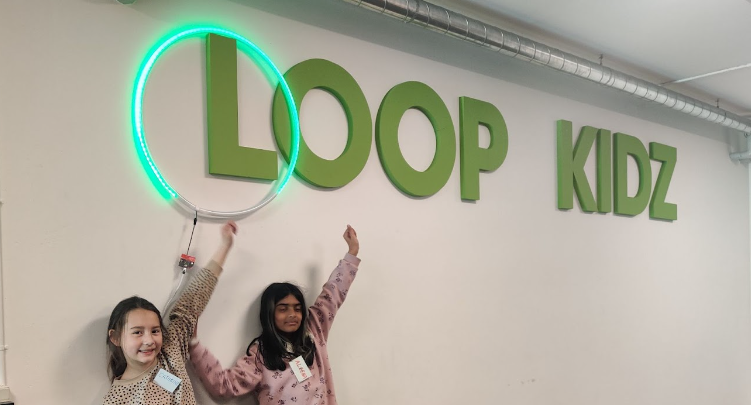TinyML: Production model development (IDA København)

In this third workshop on TinyML, we go one step further with the audio event detection model and explore techniques for improving the model all the way to production quality. In particular, we will learn about the importance of high-quality training data set and how to achieve the highest possible model accuracy while minimizing the latency and resource usage on a tiny device.
While standard ML workflows can get you quite far, optimizing your machine learning model to become production ready requires some additional insight and effort. In this workshop, we will focus on three important aspects of model improvement:
- Data engineering. In this part, we will learn about methods and techniques for building a high-quality data set with full representation. The toolset here includes iterative data collection, data cleaning, data augmentation and ML-assisted labeling.
- Model architecture and hyper-parameters. In this part, we will learn about the typical causes of ML model misclassifications and the techniques for maximizing accuracy, including advanced feature extraction, proper model selection, regularization and hyper-parameter tuning.
- Resource usage optimization. For the final part, we will ensure that your model is as fast as possible and uses as little power and memory as possible. We will briefly look at how TensorFlow Lite can optimize your model automatically by quantization and pruning and how the best libraries for the device utilize the microcontroller’s hardware acceleration cores.
In the practical part of the workshop, we will apply these techniques on our running audio event detection use case, but again you are welcome to work with your own case, and we will be happy to assist you the best we can.
This workshop will run in AU Herning in parallel via a video link
All workshops and dates
This is the third of 3 workshops, that are also organized and streamed to AU Herning. You can sign up for one of all three workshops here:
November 20 - Introduction to TinyML
Workshop 1 - IDA København
Workshop 1 - AU Herning
December 4 - TinyML Data preparation, training and deployment
Workshop 2 - IDA København
Workshop 2 - AU Herning
December 18 - TinyML Production model development
Workshop 3 - IDA København
Workshop 3 - AU Herning